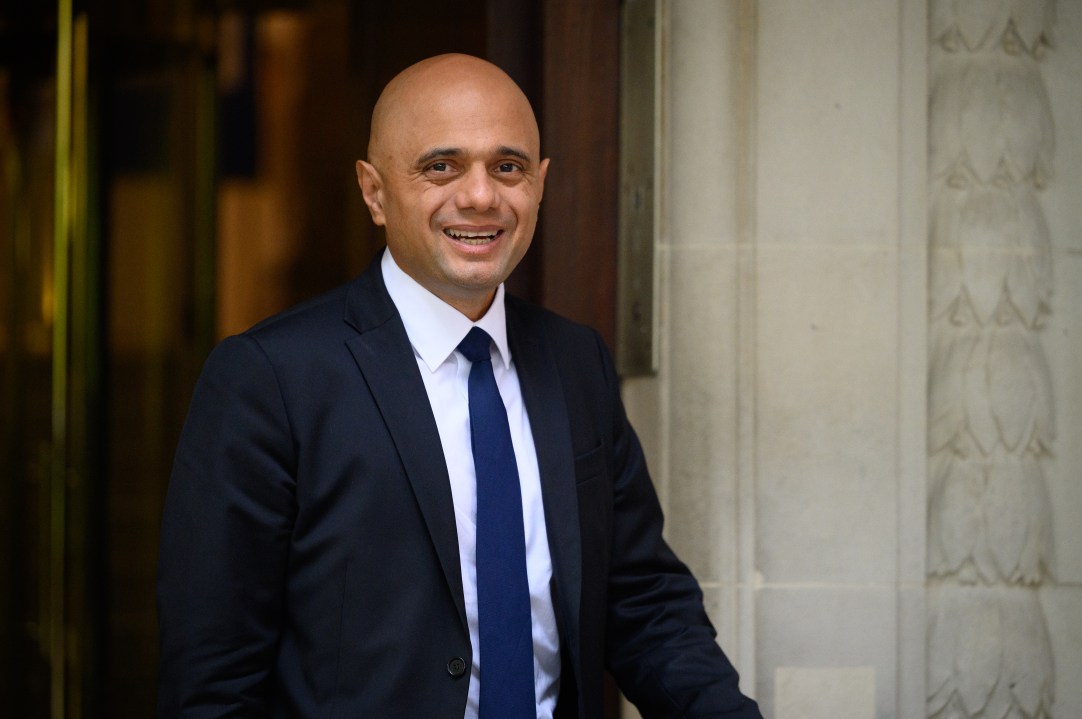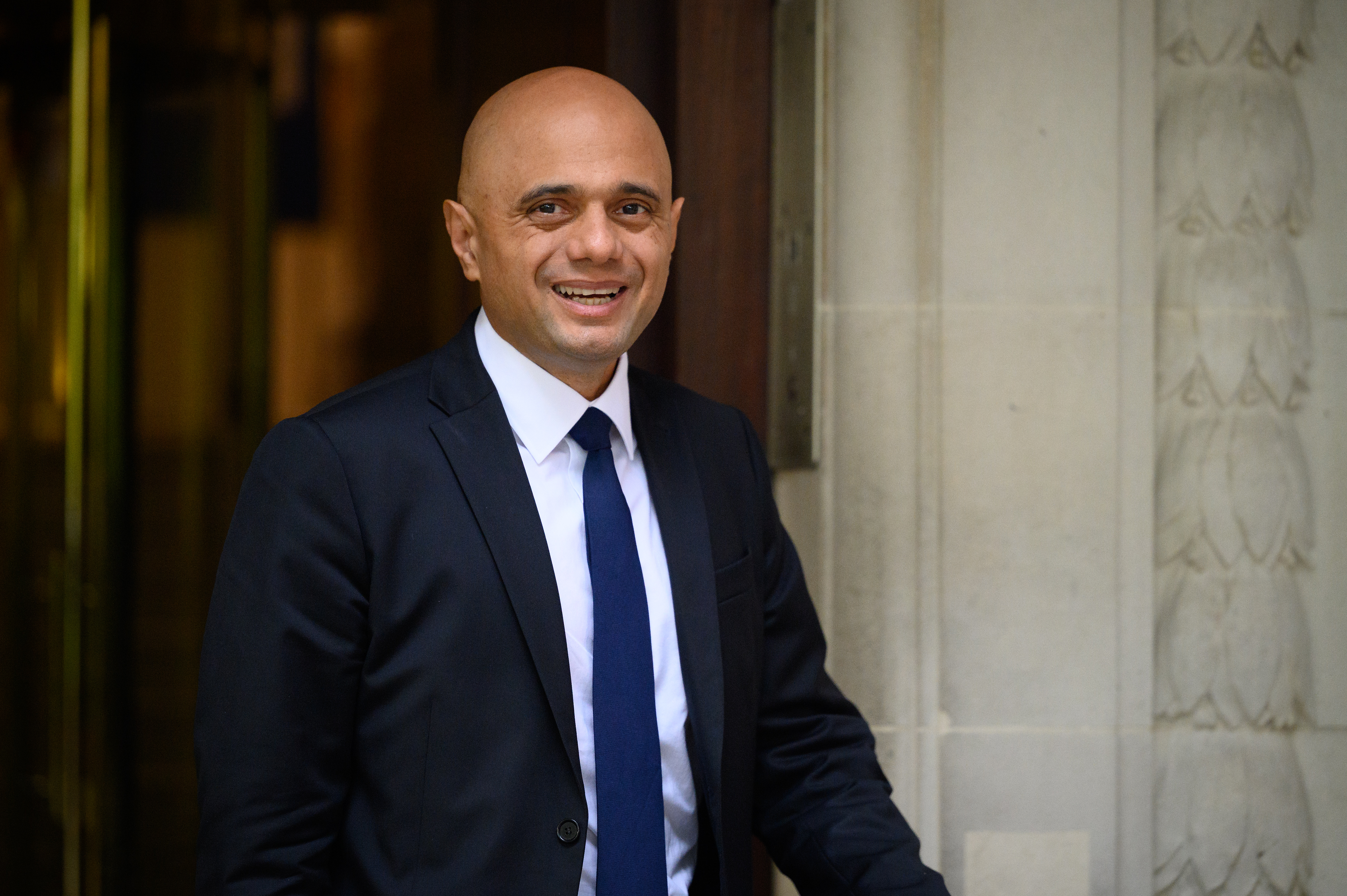Why is Sajid Javid picking a fight with GPs? The Health Secretary has announced a £250 million ‘winter access fund’ for practices to hire more staff – but only if they increase the number of face-to-face consultations. Practices that don’t increase access will be listed in a league table. It’s something many MPs say they get complaints about from constituents. But GPs are furious, saying they are seeing more patients while also trying to keep everyone safe. They’ve reported rising incidences of abuse against them from patients.
Doctors were grimly amused this morning when Javid decided he couldn’t see them face-to-face, either, pulling out of a planned appearance at the Royal College of GPs’ annual conference. His excuse was that he needed to ‘fight for the NHS in the spending review’. Instead, the conference heard from Chief Medical Officer Professor Chris Whitty, who didn’t exactly back up the Health Secretary’s approach. Whitty told delegates that while the number of in-person appointments could increase, the issue had ‘got rather more heat than it needs’. He added: ‘I would stick to the advice that is an old saying but it’s completely right, which is never worry about criticism from somebody you wouldn’t take advice from.’
He may have been talking only about the press – he didn’t specify whether politicians were the sort of people doctors would normally take advice from – but Whitty’s remarks did sum up the tension that lies behind many of the angry stand-offs that politicians and doctors have had over the years. Doctors often feel that they are being instructed to do things by ministers who have no experience or indeed understanding of the challenges of their jobs and who are more interested in pleasing the press. They tend to suspect politicians of policy-based evidence-making.
Politicians, meanwhile, do tend to make remarks that offend the professional pride of doctors to the extent that disputes escalate from being about a particular policy that both sides could actually agree on. Jeremy Hunt learned this lesson too late when – as Health Secretary under David Cameron – he tried to renegotiate junior doctors’ contracts. The war between that minister and the medical world became as much about whether he thought they were working hard or even cared about their jobs.
He had given a speech about the separate issue of consultants’ contracts in which he said he wanted to re-introduce a ‘sense of vocation and professionalism’ into their contracts. This proposal was immediately interpreted as a criticism of the doctors themselves, rather than – as Hunt still insists – the words on the piece of paper detailing the terms of their employment. It meant that the fight over hours and pay wasn’t just about whether those hours were safe, but about a basic sense of respect for doctors who worked very hard doing jobs that were often heartbreaking and gruelling.
The same has happened with the row over GP consultations. It has previously been the case that politicians have suggested GPs could do more remote appointments with patients who just need repeat prescriptions or who struggle to find time during their days to go to a surgery. Javid’s predecessor Matt Hancock even announced in July 2020 that ‘all consultants should be tele-consultations unless there’s a compelling clinical reason not to’. Then, the Royal College of GPs said it would oppose a move to a predominantly online system because it would undermine the relationship between patient and doctor. Of course, GPs now don’t have a predominantly online system, but they feel the Tories have performed a volte-face for political reasons. They also resent suggestions that they’ve not been at work during the pandemic when they have.
Fortunately, unlike the junior doctors row, there is a lot of common ground between ministers and doctors on this issue. But everyone’s backs are now up and that means a lengthy and noisy fight. Something both sides might want to consider is that voters often view the NHS as a whole through their relationship with their GP. If they feel – fairly or not – their GP is ‘hidden away’ from them, and find themselves or see a family member on a lengthy waiting list for treatment, then they may well start to relate to the health service as a whole differently.
Public support for the concept of the NHS will always be high. But if patients start to feel they would get much better service by going private, as they did in the late 1990s and early 2000s when waiting lists were high, then the NHS ends up in a very precarious position. A fight about face-to-face appointments might distract both sides from this existential issue.








Comments